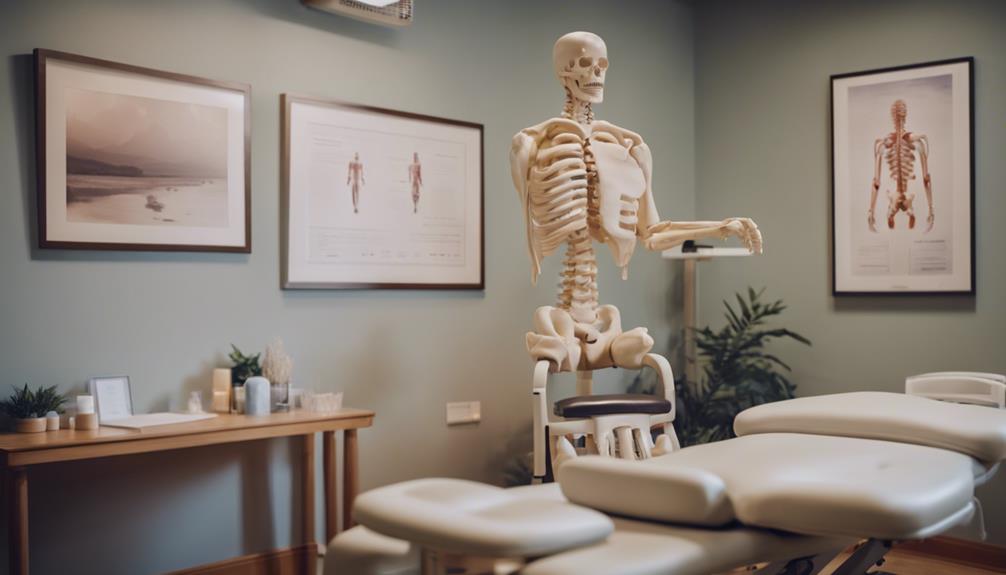Where Is Hypnosis Lab Control? Understanding the Basics
Hypnosis lab control refers to the methodical regulation of experimental settings designed for hypnosis research. It involves creating an environment that allows for the systematic study of hypnosis and its effects on individuals. This control is crucial for researchers to determine the factors that contribute to successful hypnosis sessions. The term “hypnosis lab” signifies a specialized space where professionals can explore hypnosis’s psychological, neurological, and behavioral aspects. If you’re looking to understand where hypnosis lab control exists, you’ll typically find it in academic institutions dealing with psychology and neuroscience.
The Importance of Lab Control in Hypnosis Research
In the realm of hypnosis research, lab control is fundamental. It ensures that the conditions under which hypnosis is applied are consistent, minimizing external variables that could influence outcomes. By establishing a control environment, researchers can reliably measure participants’ responses to hypnosis techniques. This controlled setting also facilitates the comparison of results across various studies, enhancing the body of scientific knowledge about hypnosis. Understanding where hypnosis lab control is located, both physically and theoretically, allows you to appreciate its role in advancing scientific inquiry in psychology.
Where to Find Hypnosis Labs with Effective Control
If you’re searching for hypnosis labs known for their rigorous control measures, many universities and research organizations around the world offer specialized facilities. Prominent centers such as Harvard, Stanford, and the University of Wisconsin have dedicated labs where hypnosis is studied extensively. These labs often feature state-of-the-art equipment for monitoring physiological responses during hypnosis, thus ensuring a tightly controlled environment. Knowing where these hypnosis labs are located can guide aspiring researchers or students interested in pursuing a career in this fascinating field.
Components of Effective Hypnosis Lab Control
Effective hypnosis lab control encompasses various elements, including participant selection, environmental conditions, and standardized procedures. Researchers often use specific protocols to select participants who meet certain psychological criteria, reducing variability in responses. Additionally, controlling ambient conditions—like lighting, noise levels, and temperature—can significantly impact the effectiveness of hypnosis. By understanding these components, we can better appreciate how hypnosis lab control operates to yield valid and reliable findings in the field of hypnosis research.
Challenges in Maintaining Hypnosis Lab Control
Despite the importance of hypnosis lab control, researchers face several challenges in maintaining it. External distractions, individual differences among participants, and the subjective nature of hypnosis can complicate control efforts. For instance, if a participant’s emotional state or personal beliefs about hypnosis differs significantly, it may affect the study’s outcomes. Addressing these challenges requires continual refinement of control protocols and techniques. Knowing the challenges can help future researchers develop robust methodologies to ensure effective hypnosis lab control.
How to Participate in Research on Hypnosis Lab Control
If you’re intrigued by the notion of hypnosis lab control and want to be part of this fascinating research, consider reaching out to local universities or research centers that study hypnosis. Many labs often seek volunteers for studies, which can provide valuable insights into the research process. Additionally, participating in such studies can help you understand more about the mechanisms of hypnosis and how lab control functions in practice. You might even learn techniques for self-hypnosis or therapeutic applications of hypnosis in daily life.
The Future of Hypnosis Lab Control Research
As research on hypnosis continues to evolve, the methods of establishing and maintaining hypnosis lab control are also advancing. Innovations in technology, such as neuroimaging techniques and biofeedback devices, are revolutionizing how researchers conduct studies on hypnosis. These advancements allow for more nuanced analysis of brain activity and physiological responses during hypnosis. The future of hypnosis lab control looks promising, with potential for breakthrough discoveries that enhance our understanding of human consciousness and therapeutic practices.
Conclusion: Embracing the Knowledge of Hypnosis Lab Control
In conclusion, understanding where hypnosis lab control resides and how it operates is essential for anyone interested in the field of hypnosis. Whether you’re a researcher, student, or simply a curious individual, grasping the nuances of lab control can deepen your appreciation of hypnosis research. As we continue to explore the mysteries of the human mind, maintaining robust lab control will remain a critical aspect of scientific inquiry in hypnosis. Encourage others to learn more about this fascinating subject and how they can contribute to the ongoing research efforts in hypnosis.
